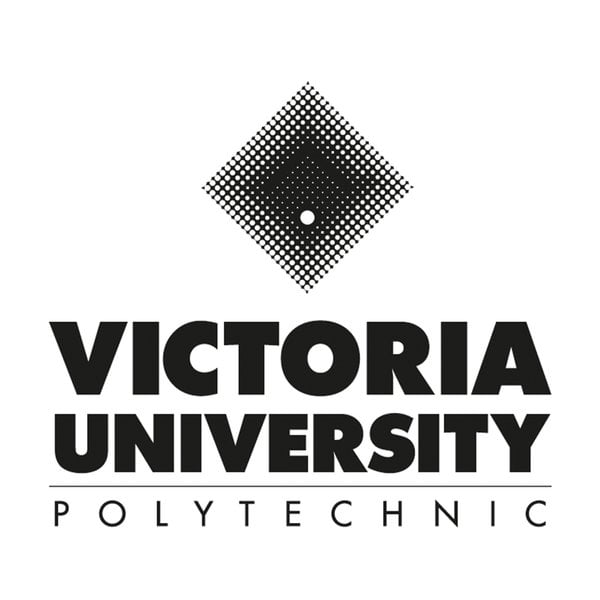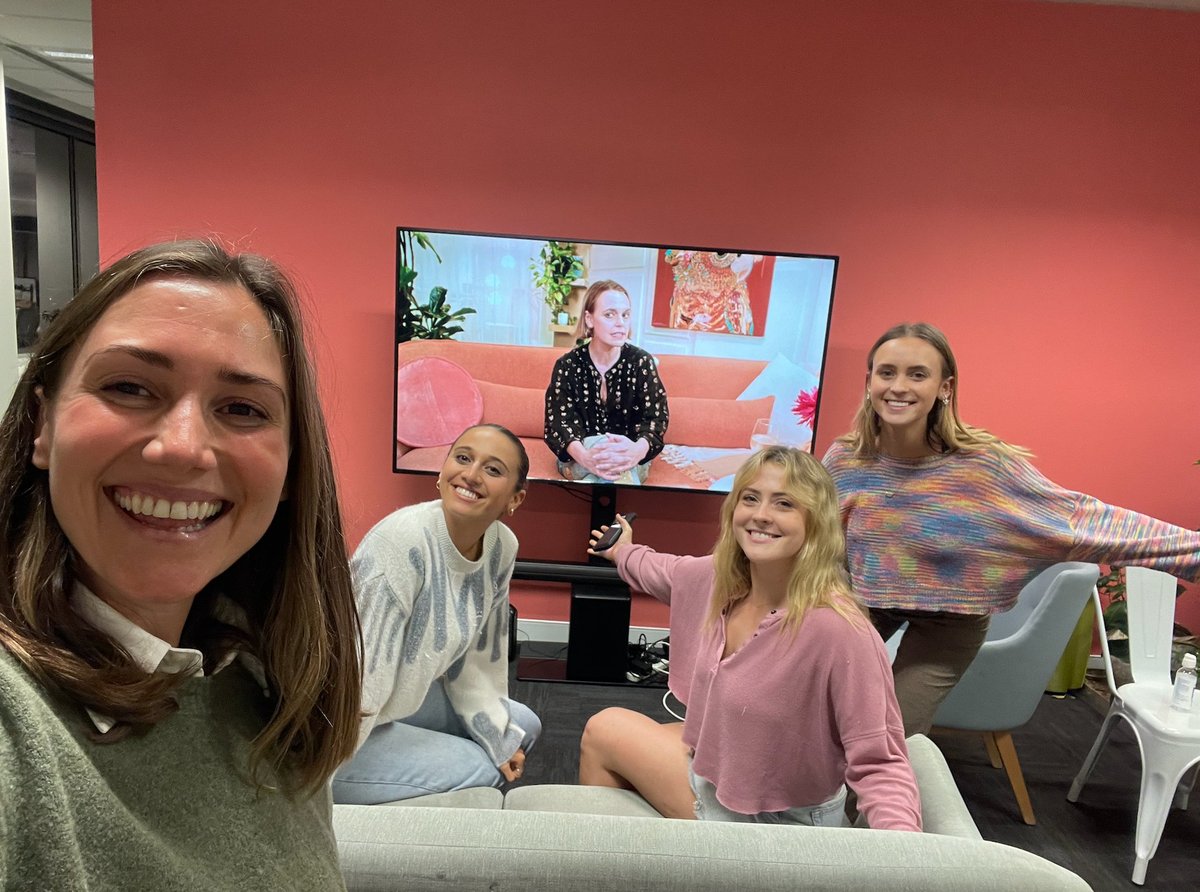

Pre-kids, my friends and I had a mantra: “nothing good happens after 2am”.
It was a way to avoid missing the last train home, texting an ex or starting another episode of Grey's Anatomy and sleeping through our alarms.
But when you become a parent, you get friendly with a whole new side of the clock.
And that’s why my career change started at 4am.
I was a new mum, up feeding my 6-month-old, weeks away from finishing maternity leave and returning to my corporate job, doom-scrolling Instagram when I saw THE Instagram Story.
That story was Leigh Campbell’s, an Executive Editor at Mamamia and one of the OG Aussie influencers. And it was a job advertisement for a role at Mamamia.
As a massive fan of podcasts, I’d spent most of my maternity leave binging Mamamia’s pods. Leigh, the other hosts and their all-powerful producers were the friends in my ears while I fed, changed, burped and pram-napped my baby through her first year. To say I was podcast-obsessed would be putting it lightly. I wanted to know everything about how they were made, funded, and ideated in the first place.
Seeing this ad sparked something in me. As crazy as it seems now, this was the first time it dawned on me that I could work in an industry I loved so much.
I can’t even recall the exact title of the job posted, there was probably a lot of media industry jargon and I was definitely completely unqualified for it, but buoyed by uber-fandom (and maybe sleep deprivation) I applied.

Top Comments